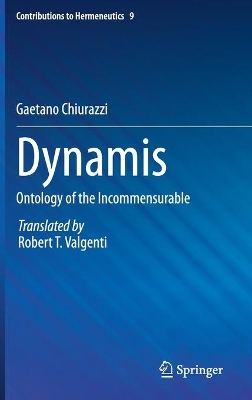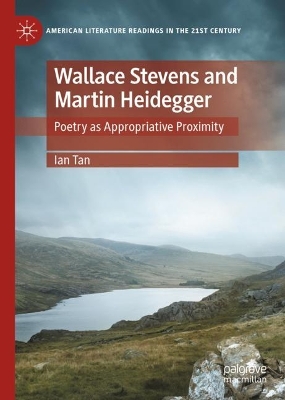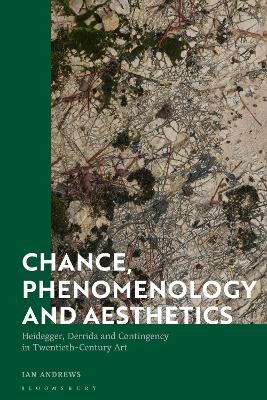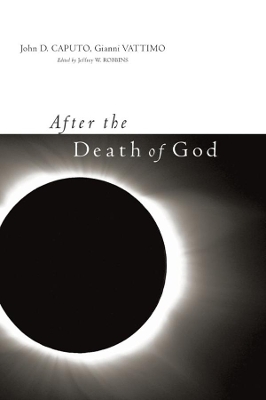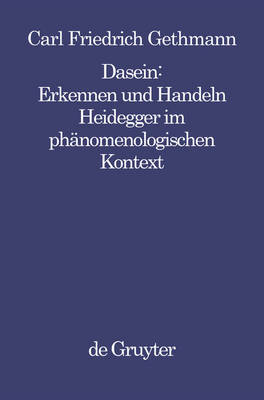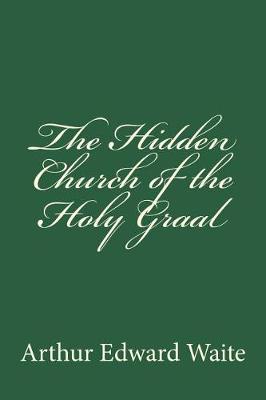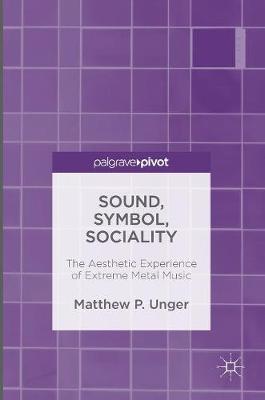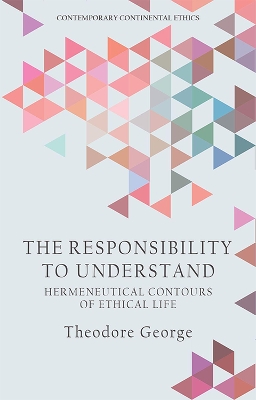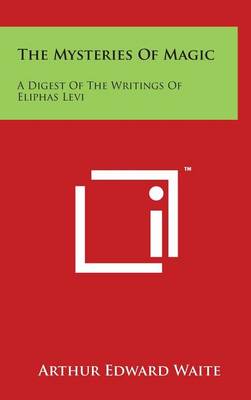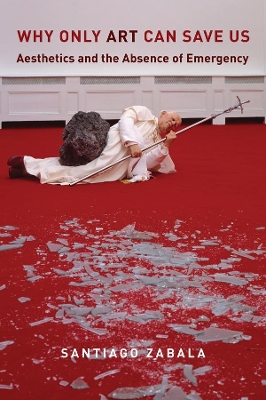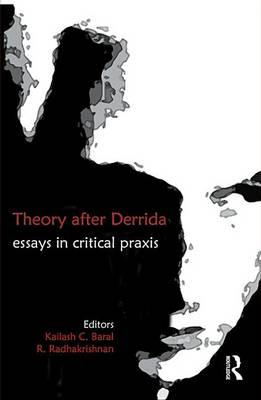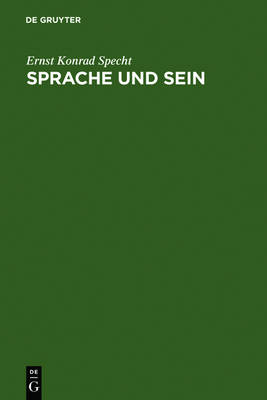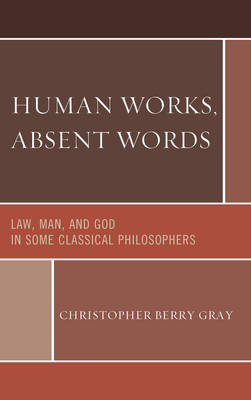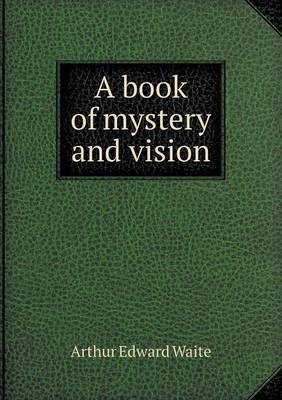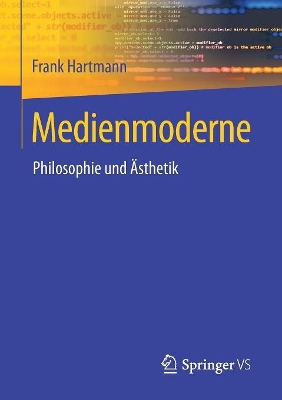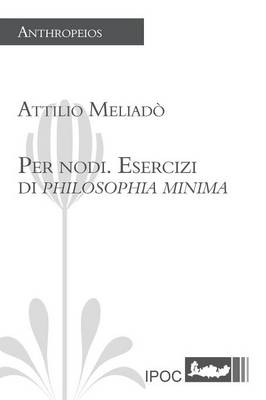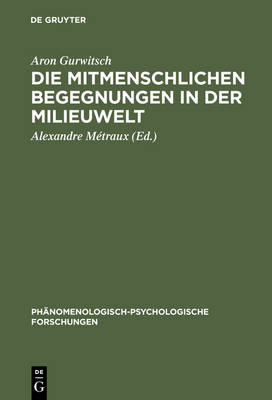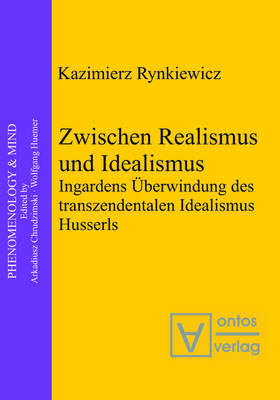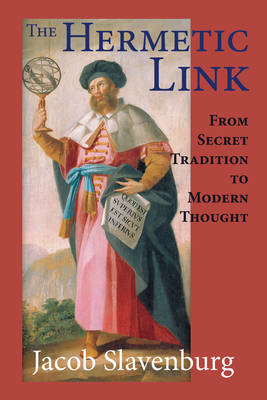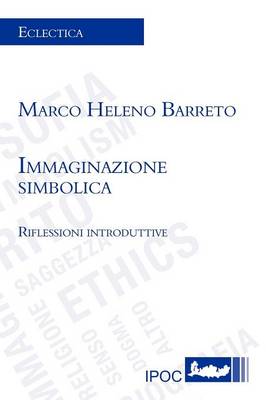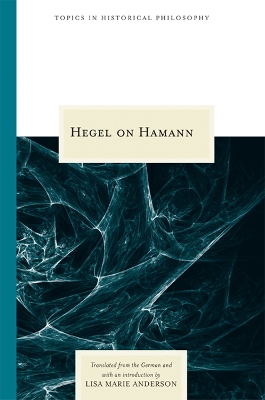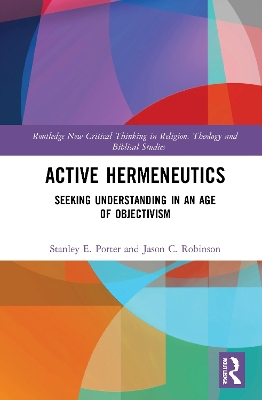Wallace Stevens and Martin Heidegger (American Literature Readings in the 21st Century)
by Ian Tan
This book is a unique contribution to scholarship of the poetics of Wallace Stevens, offering an analysis of the entire oeuvre of Stevens’s poetry using the philosophical framework of Martin Heidegger. Marking the first book-length engagement with a philosophical reading of Stevens, it uses Heidegger’s theories as a framework through which Stevens’s poetry can be read and shows how philosophy and literature can enter into a productive dialogue. It also makes a case for a Heideggerian reading of...
In drawing upon the work of Jacques Derrida, Edmund Husserl and Martin Heidegger and aligning it with a new trend in interdisciplinary phenomenology, Ian Andrews provides a unique look at the role of chance in art and its philosophical implications. His account of how the composer John Cage and other avant-garde creatives such as Marcel Duchamp, Tristan Tzara, Sol LeWitt and Ed Ruscha used chance in their work to question the structures of experience and prompt a new engagement with these phenom...
It has long been assumed that the more modern we become, the less religious we will be. Yet a recent resurrection in faith has challenged the certainty of this belief. In these original essays and interviews, leading hermeneutical philosophers and postmodern theorists John D. Caputo and Gianni Vattimo engage with each other's past and present work on the subject and reflect on our transition from secularism to postsecularism. As two of the figures who have contributed the most to the theoretica...
Dasein: Erkennen Und Handeln (Philosophie Und Wissenschaft, #3)
by Carl F Gethmann
In the 13th century, over a few decades, a huge literature emerged around an unlikely tale. Survivors of the core of early Christianity make a perilous journey to Western Europe. They begin a hidden bloodline, preserve immensely powerful relics of the crucifixion, and carry a secret which, if revealed, would turn the established church on its head. A.E. Waite gets to the core of the Grail legend, an interwoven mass of narratives which started with seeds of pagan folklore and grew into a massive...
By now Jacques Derrida's legacy has taken the form of a veritable (post-)deconstructive Babel. Its lasting presence is marked by a crucial oscillation between the echoes of its earlier success and the claims of a radically different sensibility. This volume takes stock of the controversy in three main fields: philosophy, literary studies, and law. For all those who are confronted with the variety of Derrida's legacy this book serves as an invaluable map andtakes a reconstructive approachto move...
Based on ethnographic research within the extreme metal community, Unger offers a thought-provoking look at how symbols of authenticity and defilement fashion social experience in surprising ways. Exploring the many themes and ciphers that comprise this musical community, this book interprets aesthetic resonances as a way to understand contemporary identity, politics, and social relations. In the end, this book develops a unique argument: the internal composition of the community’s music and sou...
The Responsibility to Understand (Contemporary Continental Ethics)
by Theodore George
Few topics have received broader attention within contemporary philosophy than that of responsibility. Theodore George makes a novel case for a distinctive sense of responsibility at stake in the hermeneutical experiences of understanding and interpretation. He argues for the significance of this hermeneutical responsibility in the context of our relations with things, animals and others, as well as political solidarity and the formation of solidarities through the arts, literature and translati...
The state of emergency, according to thinkers such as Carl Schmidt, Walter Benjamin, and Giorgio Agamben, is at the heart of any theory of politics. But today the problem is not the crises that we do confront, which are often used by governments to legitimize themselves, but the ones that political realism stops us from recognizing as emergencies, from widespread surveillance to climate change to the systemic shocks of neoliberalism. We need a way of disrupting the existing order that can energi...
Theory after Derrida
A critical anthology that re-examines Jacques Derrida's thought by way of theory and praxis, this volume reflects on his striking legacy and the future of theory. Among contemporary thinkers, Derrida challenges not only our ways of thinking but also hitherto methods of critical inquiry. In the attempt to renovate and re-energise philosophy, Derrida questions the fundamental assumptions of Western philosophical thought, and, in turn, exposes the intricate lie behind binaries, such as, speech/writ...
Die Mitmenschlichen Begegnungen in Der Milieuwelt (PHanomenologisch-Psychologische Forschungen, #16)
by Aron Gurwitsch
Zwischen Realismus Und Idealismus (Phenomenology & Mind, #11)
by Kazimierz Rynkiewicz
Hegel on Hamann (Topics in Historical Philosophy)
by Georg Wilhelm Friedrich Hegel
In 1828, G. W. F. Hegel published a critical review of Johann Georg Hamann, a retrospective of the life and works of one of Germany's most enigmatic and challenging thinkers and writers. While Hegel's review has enjoyed a central place in Hamann studies since its appearance, ""Hegel on Hamann"" is the first English translation of the important work. Philosophers, theologians, and literary critics will welcome Anderson's stunning translation, since Hamann is gaining renewed attention, not only as...
Active Hermeneutics (Routledge New Critical Thinking in Religion, Theology and Biblical Studies)
by Stanley E Porter and Jason C. Robinson
Hermeneutics, as a discipline of the humanities, is often assumed to be in thrall to the same subjectivity of every interpretive method, in direct contrast to the objectivity prized by the natural sciences. This book argues that there is a false dichotomy here, and that ancient and modern ideas of knowledge can be utilized to create a new active form of hermeneutics. One capable of creating a standard by which to judge better and worse models of understanding. This book explores decisive aspect...
